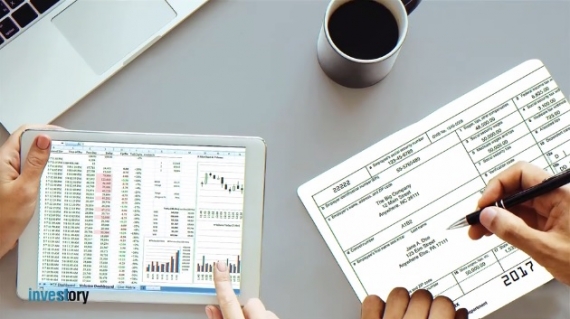Bitcoin miners are hard at work processing transactions, but that doesn’t mean they get to avoid the cold, hard hand of the IRS. However, as long as you know how these taxes play a role in your mining business or hobby, then there’s really nothing to worry about.
Tax Tips for Bitcoin, Ethereum, and Litecoin 6: Bitcoin Taxes as a Miner
Sorry, miners, not even you are exempt from reporting taxes. If you fall into this category, you must report a receipt of the cryptocurrency as part of your gross income.
Tax Tips for Bitcoin, Ethereum, and Litecoin 7: Determining Value as a Miner
As a miner, make sure to report the value of the virtual currency as of the day you received it.
Tax Tips for Bitcoin, Ethereum, and Litecoin 8: Self-Employed Miners
If you are a self-employed miner, then your gross earnings minus any approved tax deductions are also subject to a self-employment tax.
Tax Tips for Bitcoin, Ethereum, and Litecoin 9: Tip for Miners: Don’t Try to Avoid Taxes with Bitcoin
In November 2016, the U.S government ordered Coinbase to release all their account holder records. Therefore, if you’re looking to avoid taxes with Bitcoin, then look somewhere else.
Tax Tips for Bitcoin, Ethereum, and Litecoin 10: CoinBase Can Help
As we already discussed, transferring bitcoins from one person to another is a sale. And sales are subject to capital gains tax. If you need help with this, check out Coinbase. They have a handy tool that helps you keep track of all your Bitcoin transfers. As you can see, even cryptocurrencies are not invincible from those pesky taxes. It’s intimidating at first, but with a little knowledge, filing for taxes on your cryptocurrency earnings is a piece of cake. Stay tuned for more videos on the matter.
Free Bitcoin Course on YouToken: Everything you need to know on Bitcoin.





